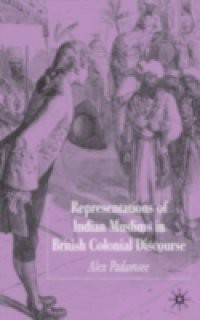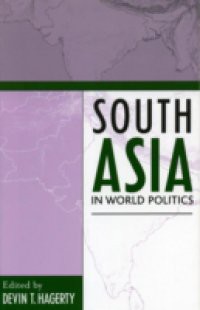This study reassesses the impact of the perception of Muslim 'conspiracy' on the British colonial mind in nineteenth-century India. Examining the phenomenon at the moment of its eruption in the Indian 'Mutiny' of 1857, Representations of Indian Muslims argues that this mistaken belief arose out of the sudden and traumatic exposure of irresolvable conflicts in the secular ideology of the colonial state. Offering revisionary readings of a wide range of texts, from personal correspondence and official accounts to fiction and travel literature, the study shows how over the course of the next half-century this profound crisis in the British ruling identity was worked out through the construction of the figure of the isolated, 'alien' and potentially sectarian Indian Muslim. It is here, the study suggests, that the British predisposition towards partitioning the country may first have found its voice.



 2 (2)
2 (2) 














